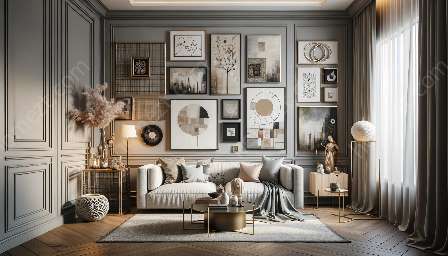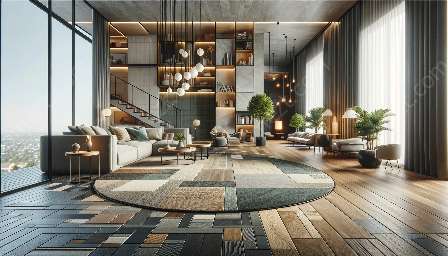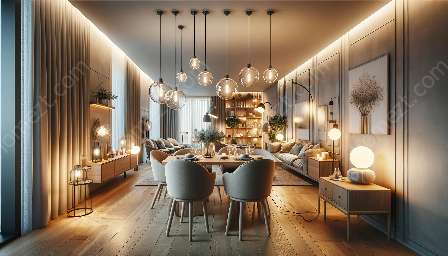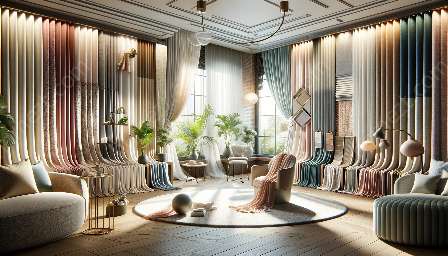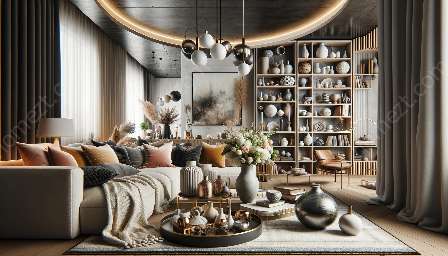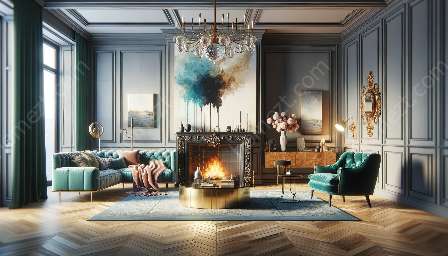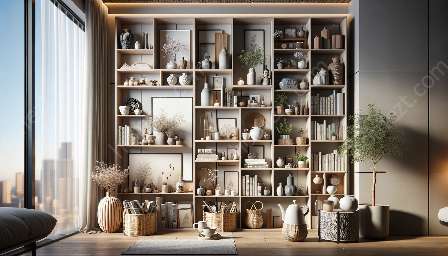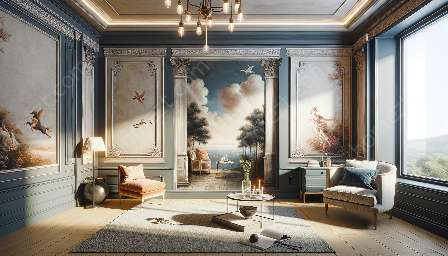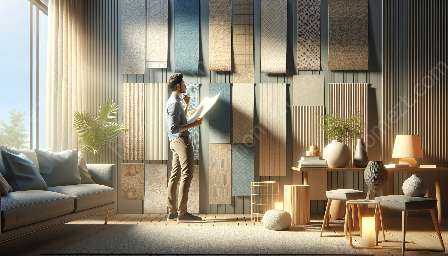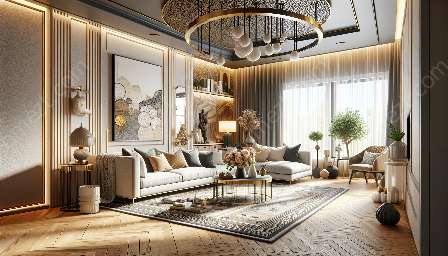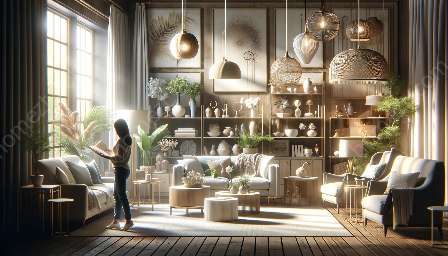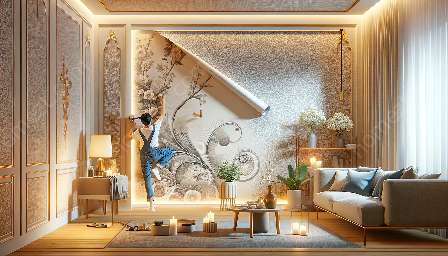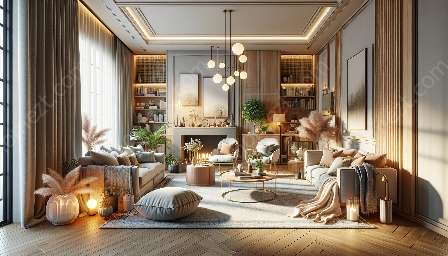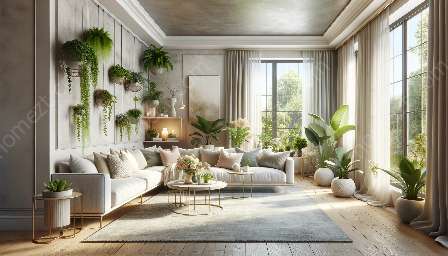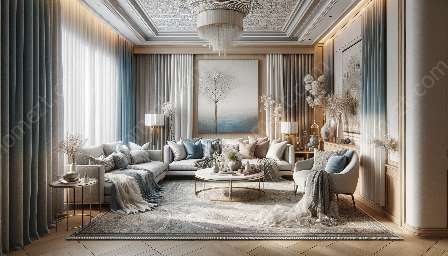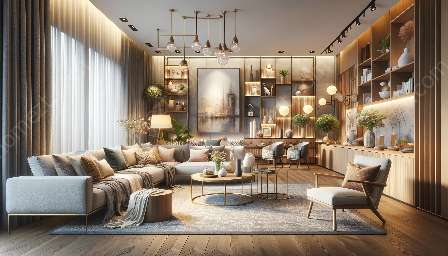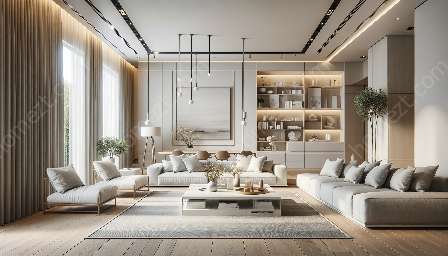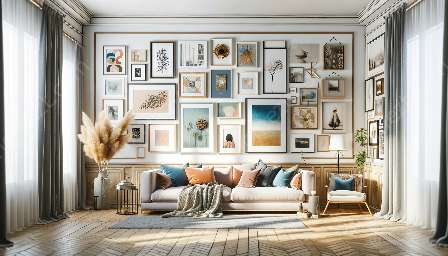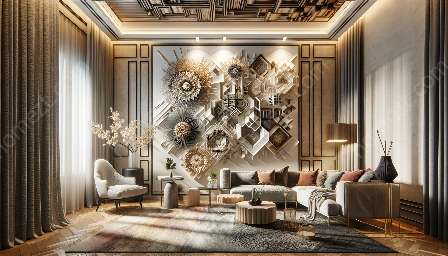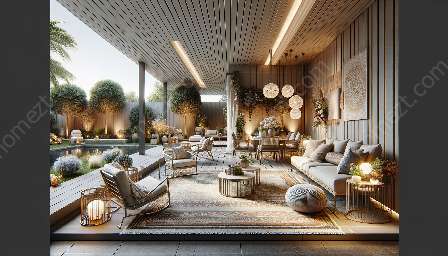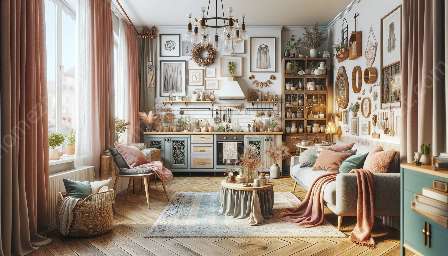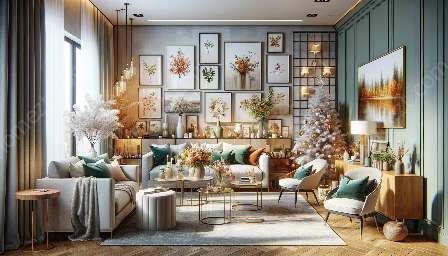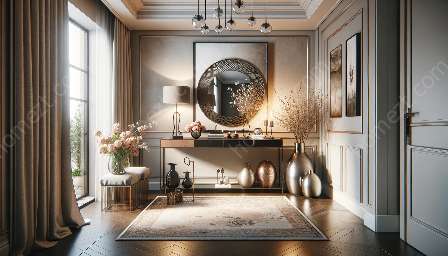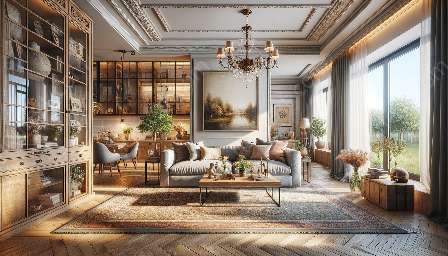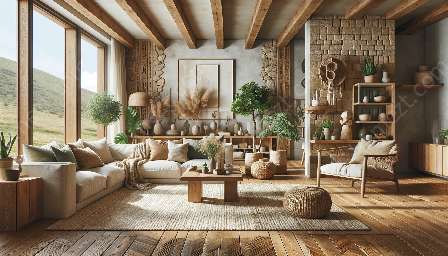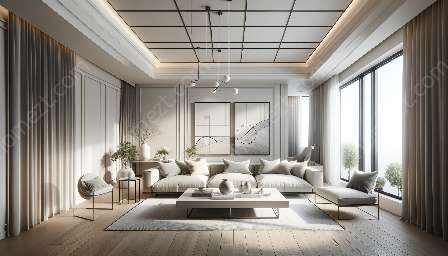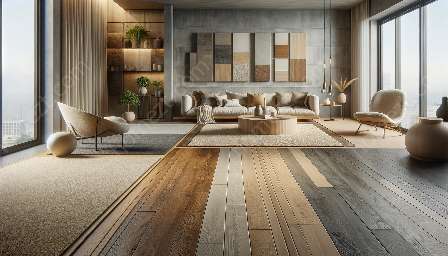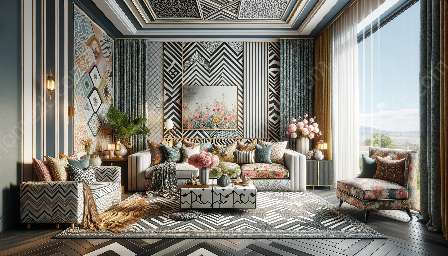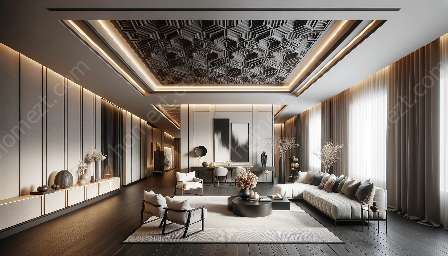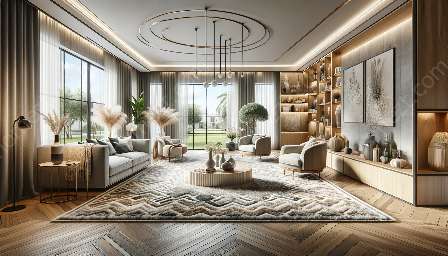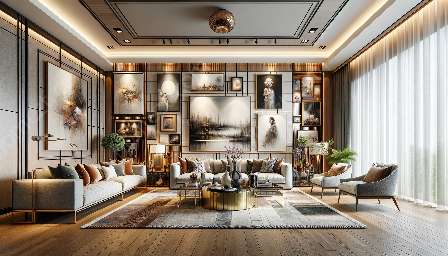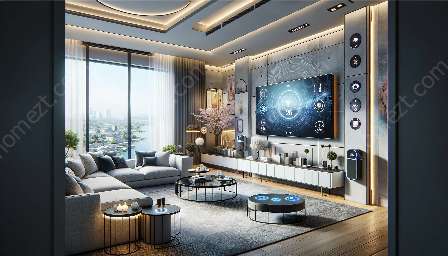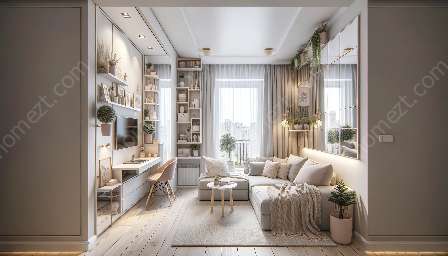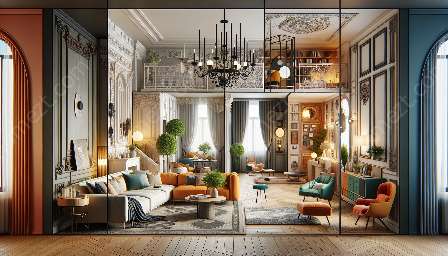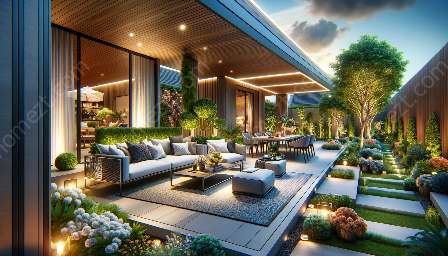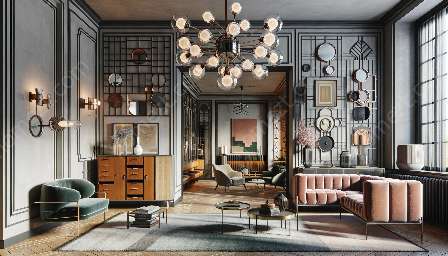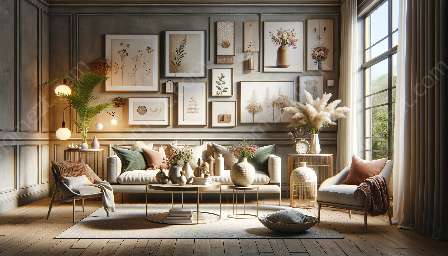Small spaces pose a challenge for many homeowners, but with the right strategies, you can make your rooms seem larger and more inviting. One of the most effective ways to visually expand a small area is to use mirrors strategically. Mirrors not only create the illusion of space but also add depth and light to a room, transforming it into a more open and airy environment.
Why Mirrors Are Effective
Mirrors have long been used as a design element to make spaces appear larger. These reflective surfaces bounce light around the room, creating the illusion of depth and openness. Additionally, mirrors can also enhance the overall aesthetic of the room, making it more visually appealing.
When placed strategically, mirrors can significantly change the perception of space, making a small area feel more expansive.
Types of Mirrors
Before delving into the effective ways to use mirrors, it's essential to understand the different types available. Here are some common types of mirrors:
- Wall Mirrors: These are large mirrors that can be mounted on a wall and are ideal for creating the illusion of depth and space in a small area.
- Floor Mirrors: These are full-length mirrors that can be leaned against a wall or hung, adding depth and dimension to the room.
- Overlays: Small mirrors can be grouped together to create an artistic and visually appealing design.
Effective Ways to Utilize Mirrors
1. Strategic Placement
Strategic placement of mirrors is crucial in visually expanding small areas. Placing mirrors across from windows helps reflect natural light, making the space brighter and appear larger. Additionally, consider placing mirrors behind focal points, such as a piece of furniture, to create the illusion of depth.
2. Reflective Wall Panels
Using mirrored wall panels can create a stunning visual effect, as they reflect light and the surrounding space. This can be especially effective in small rooms without windows, making them feel less confined. Reflective wall panels can also add a touch of elegance to the decor.
3. Mirrored Furniture
Integrating mirrored furniture, such as a chest of drawers or a coffee table, into small spaces can make them appear larger and brighter. Mirrored furniture not only serves a functional purpose but also adds a stylish and spacious feel to the room.
4. Create Focal Points
Designate a specific area as a focal point in the room and enhance it with a mirror. This will draw the eye into the space, creating a sense of depth and openness.
Decorating Tips
Here are some additional tips for incorporating mirrors into your decor:
1. Use Reflective Surfaces
Incorporate other reflective surfaces, such as glass and metallic accents, to complement the mirrors and enhance the overall reflective effect in the room.
2. Consider Scale and Proportion
Choose mirrors that are proportionate to the size of your room. For instance, in a small room, a large mirror can create an overwhelming effect, while multiple smaller mirrors can achieve a more balanced look.
3. Experiment with Shapes and Designs
Explore different mirror shapes and designs to add visual interest to the space. Whether it's a round, rectangular, or ornately framed mirror, the shape and design can make a significant impact on the room's aesthetic.
Conclusion
When utilized effectively, mirrors can visually expand small areas, maximizing the potential of your living space. By strategically placing mirrors, incorporating reflective elements, and considering scale and proportion, you can enhance the ambiance of your small space and create a more inviting and visually appealing environment.

